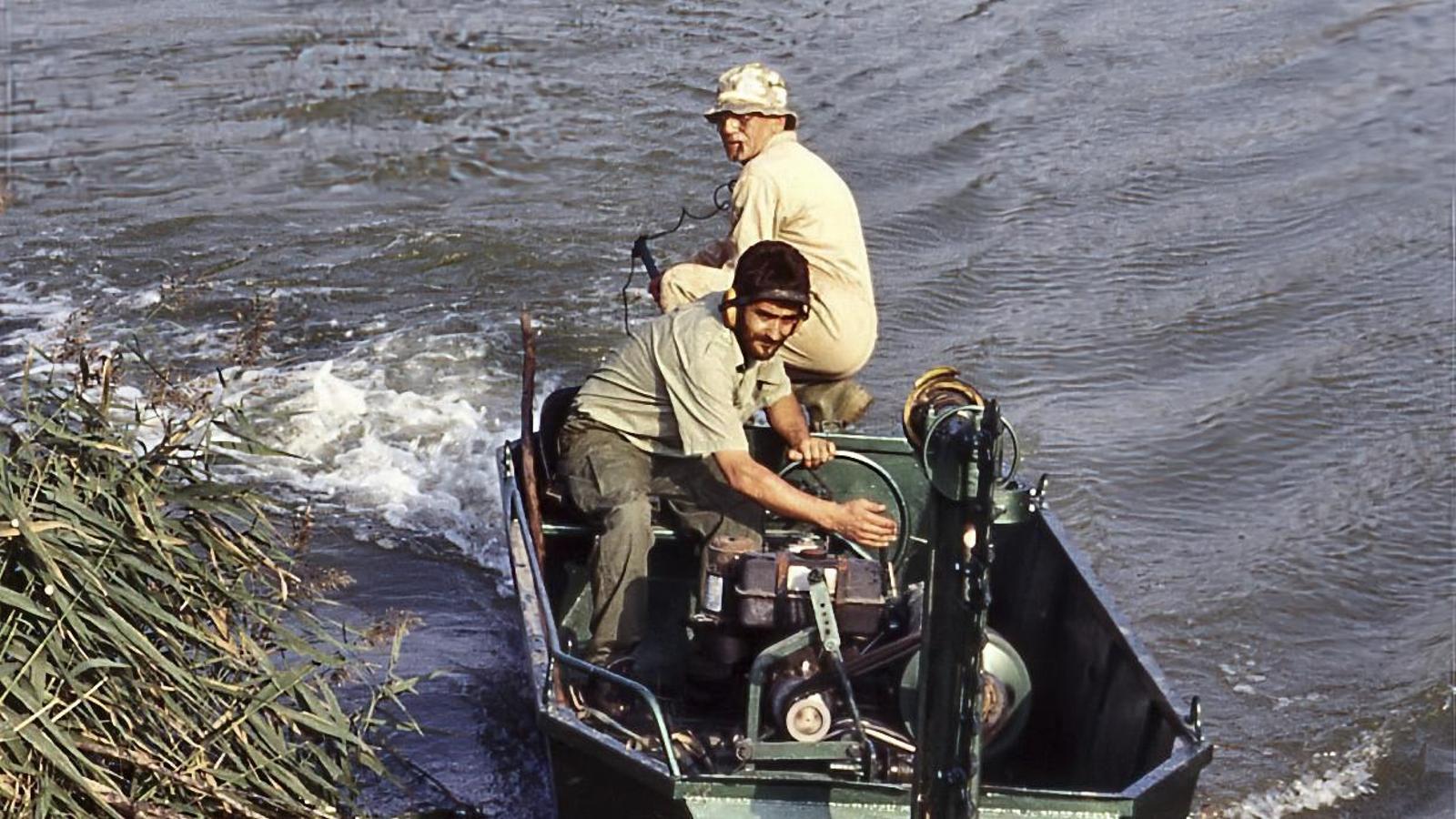From guards to authorities: the evolution of environmental agents
Xisco Lillo, coordinator of the force and one of the driving forces behind the professionalization of a key force in the Andratx case, in illegal landfills and in the investigation of serious fires, retires.


PalmIt was the 1980s, and Spain was beginning to transfer resources and powers to the autonomous regions, including environmental conservation. The Statute of Autonomy of 1983 allowed the Balearic Islands to forge, for better and worse, their environmental future. The so-called Icona guards were a force that dated back to April 1877, when the Rural Guardería (Rural Guard) was created. Later, it became known as the State Forest Guard Corps.
These agents' mission was to protect, monitor, and manage public forests, reforestation, and the conservation of natural resources—forests, water, wildlife, etc.—and thus continued in this way during the early years of autonomy. But even at that time, a number of professionals and public workers were demanding more resources and, above all, greater capacity to act. "There was a lot of experience on the ground, and precisely because of that, we knew we couldn't just follow reality and help extinguish fires. We had to be able to report, have authority, and we began working along these lines," recalls Alex Rodríguez, a long-time CCOO union member in the field of forestry agents.
In 1984, Rodríguez met Xisco Lillo, an agent from the Islands who shared the same concerns. "We needed more resources and to take advantage of the proximity to the governed that the autonomous region offered us to enforce the law and, above all, prevent impacts. That's why we created a guard coordinator," Lillo recalls. This July, the man who until recently was the coordinator of the Islands' Environmental Agents retired, and with him comes a key stage in the history of this force. "We were guards, observers of what was happening, and now we are agents of authority. Xisco played a key role in this change," says Llorenç Capellà from Menorca, another recently retired agent.
The key moment of change came in 2002. Lillo's partner, Margalida Rosselló, was the Minister of the Environment. It was the first time that Els Verds (Greens) had managed to gain access to a regional government. The right-wing powers that be and "those who were used to doing what they wanted started to get nervous when they saw the creation of the Environmental Agents Corps," explains a still-serving civil servant who then worked in the Ministry of the Environment. From that date on, they were granted broader environmental responsibilities, including inspections and sanctioning powers.
These were very tense times, with the Hotel Business Federation of Mallorca (FEHM) fighting against the declaration of the Levante Park and with growing indignation from those who until then had not heard the encouragement of the Administration despite building villas on land that had been protected since 1991. "Xisco and the team at that time were very clear that protecting the environment does not only consist of approving regulations, but also enforcing them, and this was one of the fundamental functions of the Environmental Agents," recalls Capellà.
Criminal offenses
During the 1990s and 2000s, two old quarries located around Arenal – Can Set (Llucmajor) and Can Barceló (Palma) – became illegal dumping grounds for all kinds of waste: urban rubbish, construction debris, tyres, oils, plastics and other materials. "The boom of economic activity coincided with poor environmental practices, and urgent action was needed because the idea was becoming widespread that everything can be dumped anywhere," recalls former Environmental Prosecutor Adrián Salazar. The Environment Ministry's action included a large truck park in front of the Green Ministry. "From that time, I remember some officials from the regional administration and some officials from the regional administration and crimes, among them the Environmental Agents. They marked a before and after in territorial surveillance and documented inspections," he says.
Both cases ended up in court. The Can Barceló case was resolved with a 2005 ruling in which both perpetrators were sentenced to prison and weekend arrests for environmental crimes, in addition to paying €126,000 in compensation. The Can Set case was tried in 2007 with a plea bargain: 20 defendants accepted prison sentences, fines of €12,000, and joint civil liability of more than €2 million, including compensation to residents, associations, and the public administration. "They are considered two precedents in the prosecution of environmental crimes and in conveying to society the idea that, if you do things right, we all fare better. One of the companies involved is now a leader in waste management," Salazar continues.
The investigation into the forest fires was another milestone in the work of the Environmental Agents. "We've been training and specializing. I haven't been here long, but I can say that the passion and rigor shown by the most experienced, like Xisco, is a prime example of this. Their message is always that we must find the causes of events, not to condemn anyone, but to prevent them from happening again," emphasizes an Environment agent.
Last year, a six-year prison sentence was confirmed for the Esporles forest fire (2019). Once again, the work of documentation and review of the events by the Environmental Agents was key in clarifying the facts. "The only complaint we have is the excess bureaucracy, which should be reduced a little because we want to be on the ground," says the officer interviewed. "The Artà case is paradigmatic; thanks to the work of the agents, we went from uncontrolled burning to establishing protocols and implementing prevention," notes Adrián Salazar. The Andratx case also included the participation of agents, who helped to prove various urban planning misdeeds in the plot organized by the then mayor, Eugenio Hidalgo. "We have urban planning powers, and these are protected areas, although it sometimes bothers us," recalls Xisco Lillo.
This element—the pressure that certain high-ranking officials and politicians receive when their agents file complaints—is a classic in the sector. "It goes through everything, because, as you well know, in the Islands we agents often encounter obstacles beyond our control when it comes to investigating. But Xisco's legacy is clear: don't give up," emphasizes Alex Rodríguez. In this regard, a judicial case has just been opened for the expiration of thousands of complaints due to negligence by the Environment Ministry during the Pact. "The rigor, perseverance, and love for the environment are Xisco Lillo's legacy," Salazar states.
